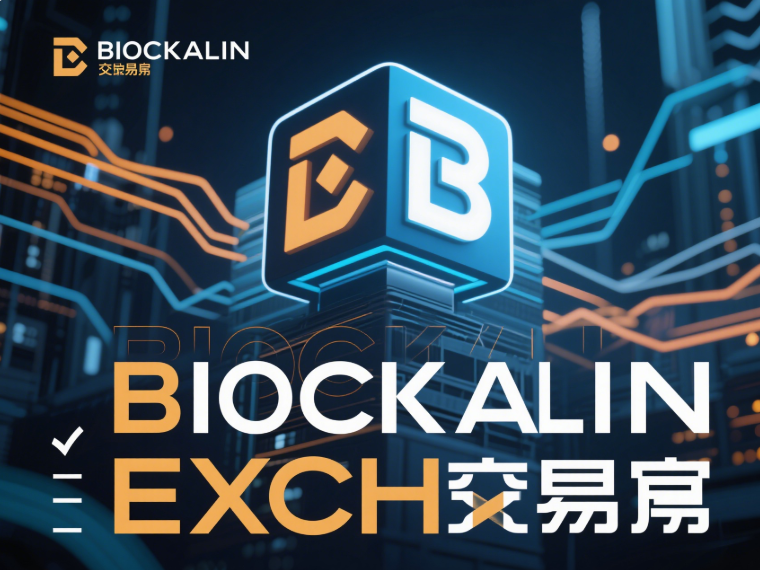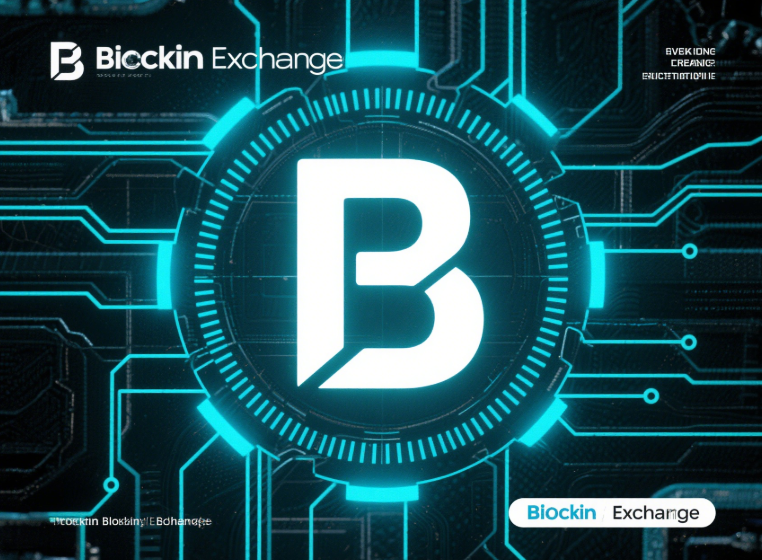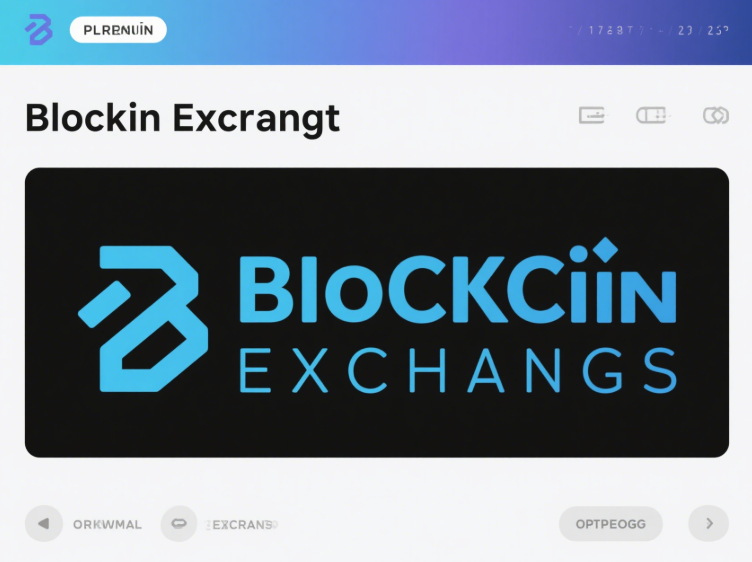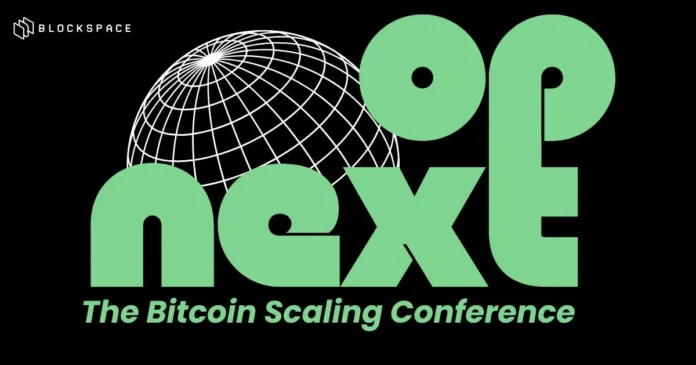In the world of digital currency, trading fees are an essential cost that investors must face during transactions. Whether you are a newcomer just starting or an experienced Bitcoin investor, selecting the right trading platform affects not only your seamless trading experience but also your final profit and yield. Each exchange has its own fee structure, and many times, these fees can significantly affect your trading decisions and investment outcomes.
So, as an investor, how do you choose the platform with the lowest fees? Today, we will delve into the issue of trading fees within blockchain exchanges and help you understand the different fee structures of various exchanges to make informed choices.
1. Understanding Exchange Fees
Before selecting an exchange, we first need to understand the types of fees involved. Generally, exchange fees can be categorized into several main types:
1. Trading Fees
Trading fees are the costs you incur when executing buy or sell orders. This is usually calculated as a percentage of the total transaction amount. Some exchanges have a fixed fee structure, ranging from 0.1% to 0.5%, while others may adjust based on the user’s trading volume.
For high-frequency traders, these percentage fees are especially significant, as frequent small trades can accumulate into a substantial cost over time.
2. Withdrawal Fees
Withdrawal fees are the costs associated with transferring funds from the exchange to a personal wallet or bank account. Withdrawal fees can vary significantly between exchanges, especially for different cryptocurrencies. For instance, Bitcoin withdrawals may incur higher fees, while withdrawals of certain low-cap coins might be relatively inexpensive.
3. Deposit Fees
While most major exchanges don’t charge fees for deposits, some may impose fees when depositing fiat or cryptocurrencies. Understanding deposit fees is crucial when selecting a platform.
4. Other Fees
In addition to the above fees, some exchanges may impose various additional fees, such as account maintenance fees, margin trading fees, and special service fees. Diligently researching these extra costs can help you avoid unexpected expenses during trading.

2. Comparing Exchange Fees
To choose a suitable trading platform, investors need to compare the fees of different exchanges. Here are a few popular exchanges and their fee structures to help you make better decisions:
1. Binance
Trading Fees: 0.1% (can be reduced to 0.075% by holding BNB tokens)
Withdrawal Fees: Approximately 0.0005 BTC for Bitcoin withdrawals (subject to network conditions)
Deposit Fees: None for cryptocurrencies; however, fiat deposits may incur fees.
2. Coinbase
Trading Fees: 0.5% (along with a fixed fee that varies based on the transaction amount)
Withdrawal Fees: Approximately 0.0005 BTC for Bitcoin withdrawals
Deposit Fees: Fees may apply for deposits using credit or debit cards.
3. Kraken
Trading Fees: 0.16% for makers and 0.26% for takers
Withdrawal Fees: Approximately 0.0005 BTC for withdrawals
Deposit Fees: Generally none for fiat deposits.
4. Huobi
Trading Fees: 0.2%
Withdrawal Fees: Approximately 0.001 BTC for Bitcoin withdrawals
Deposit Fees: None.
By comparing the fee structures of these exchanges, it is clear that even within the same category of platforms, fee differences can be quite significant. Therefore, correctly choosing an exchange can help you save considerable costs in actual trading.

3. Strategies for Choosing the Right Exchange
After understanding the fee structures of various exchanges, investors can adopt the following strategies to choose the most cost-effective platform:
Consider Your Trading Volume and Frequency
If you are a frequent trader with significant trading volume, selecting an exchange with lower fees will be crucial. For example, using Binance's BNB discount strategy can significantly reduce trading costs. In contrast, if you only trade occasionally, then choosing a platform with lower fees may not be the most critical consideration.
Assess Withdrawal Needs
For users with significant withdrawal needs, it is important to choose a platform with low withdrawal fees. Particularly when faced with high Bitcoin withdrawal fees, understanding the withdrawal fee structure of each exchange can help you save costs when extracting funds.
Pay Attention to Additional Fees
It is essential to understand the additional fees of exchanges since these may affect your profitability in future trades. For instance, choosing an exchange that does not charge deposit fees can lower your overall costs during regular trading.
Regularly Review and Adjust
As the competitive nature of the crypto market is fierce, exchanges may change their fee policies over time. Regularly reviewing the platform you are using ensures you are always trading on the most cost-effective exchange.
4. Common Fee Traps
When choosing a trading platform, investors should be wary of common fee traps to avoid incurring extra costs unknowingly.
Hidden Fees
Some exchanges may advertise attractive trading fees but set high costs in other areas (such as withdrawal fees, commissions, etc.). Investors should thoroughly understand all fees associated with an exchange, not just the trading fees.
Extremely Low Fees
Extremely low fees can sometimes indicate that the exchange may not be stable, or its security might be questionable. Ensure the trading platform you select is reliable regarding security, user reputation, and regulation to avoid small losses leading to significant issues.

Complex Fee Structures
Many exchanges create intricate fee structures based on factors like trading volume and asset classes. For average investors, it may be challenging to comprehend these complex conditions, making it more advantageous to opt for exchanges with simpler fee structures.
Trading fees are an unavoidable cost in cryptocurrency trading, and understanding and comparing different exchanges' fees is crucial for informed investment decisions. We hope this article's insights and recommendations help you identify the most suitable platform from the numerous blockchain exchanges available and eventually support your investment success.
Whether you are a “newbie” in the crypto space or an experienced trader, careful selection and understanding of fee structures will pave the way for your investment journey. Best of luck as you navigate the exciting world of digital currencies, building your success and achievements!















No comments yet